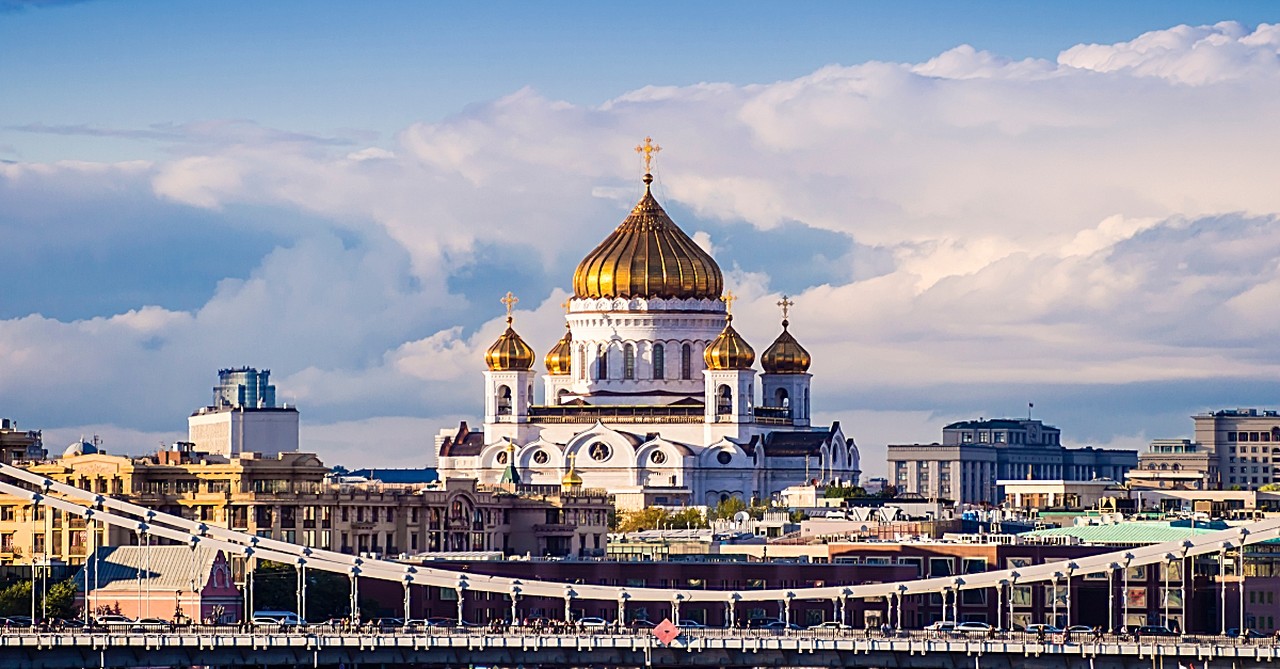
In the United States, roughly 6 million people identify with the Eastern Orthodox faith, and 200-215 million globally (70 million of whom are in Russia alone). All of whom are gathered into one of the 13 autocephalous or “self-governing” Orthodox churches worldwide.
The head of each autocephalous church is called a Patriarch. The Patriarch of Constantinople is given honor but has no authority to interfere with the affairs of the other 12 Orthodox communions. “All bishops share equally in the apostolic succession, all have the same sacramental powers, all are divinely appointed teachers of the faith” (Timothy Ware, The Orthodox Church [hereafter referenced as TOC], new edition [New York: Penguin Books, 1997], 27).
Although these many autocephalous churches are independent, they maintain (so they proclaim) complete agreement on matters of doctrine and are in sacramental communion with each other.
Here are 10 Things You Should Know about Eastern Orthodoxy:
Photo: GettyImages/Photogilio
1. Eastern Orthodoxy is Different from Catholicism
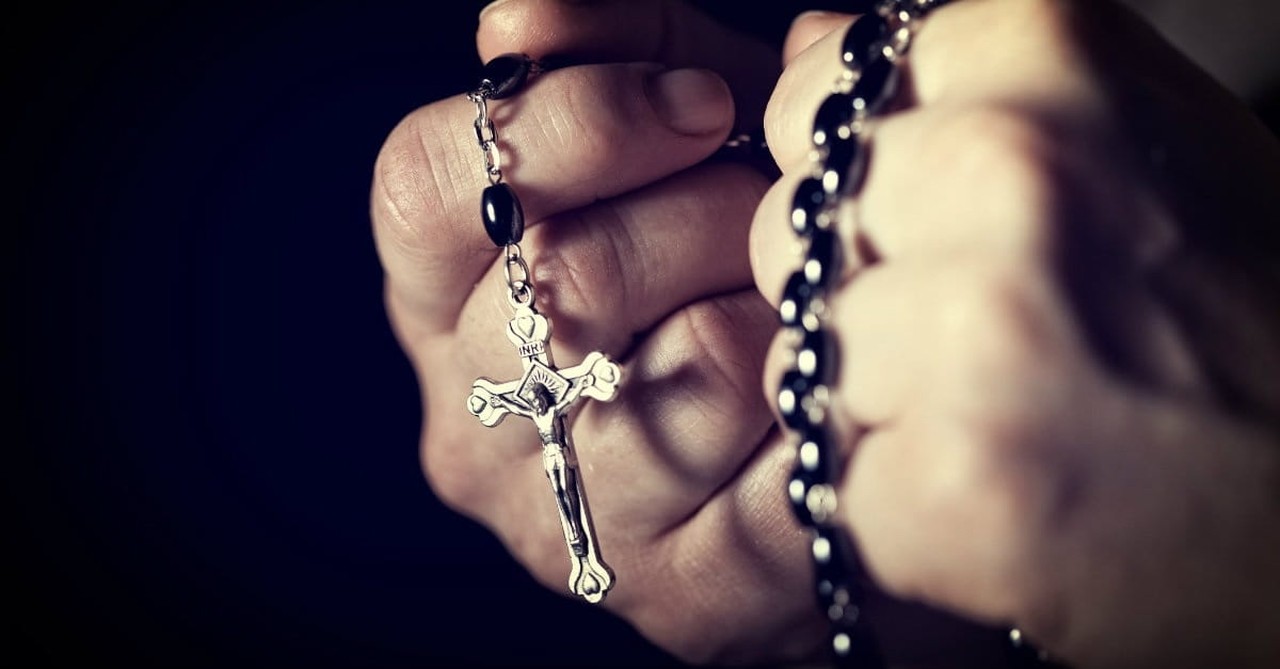
1. Eastern Orthodoxy is Different from Catholicism
SLIDE 1 OF 10
The Eastern Church acknowledges that the pope deserves primacy of honor, but they insist that he is only a first among equals and that an ecumenical council rather than a papal decree is to be regarded as final authority. The Orthodox Church, notes Ware, “does not accept the doctrine of Papal authority set forth in the decrees of the Vatican Council of 1870, and taught today in the Roman Catholic Church; but at the same time Orthodoxy does not deny to the Holy and Apostolic See of Rome a primacy of honour, together with the right (under certain conditions) to hear appeals from all parts of Christendom. . . . Rome’s mistake – so Orthodox believe – has been to turn this primacy or ‘presidency of love’ into a supremacy of external power and jurisdiction” (TOC, 27).
*(Image Credit:Thinkstocktiero)
2. God is Inexplicable

2. God is Inexplicable
SLIDE 2 OF 10
The east’s approach to theological reflection is known by the name Apophaticism. This doctrine is derived from the word apophasis which means “beyond/above words or ideas”. It stands opposed to the Cataphatic (“according to words or ideas”) theology of affirmation in the west. Apophatic theology begins with the conscious awareness that because God is so radically transcendent no human language or concepts can adequately grasp or articulate his essential nature. God is so utterly incomprehensible that the only thing comprehensible about him is his incomprehensibility! Apophatic theology tries to describe what God is not. Therefore, all our conceptions about God as well as our language used to describe him is that of denial. God is ultimately unknowable and therefore undefinable. Rather than saying that God is omnipotent, the orthodox says he is not limited in power. Rather than saying that God is omnipresent, the orthodox says he cannot be contained in any place. It is the difference between a positive affirmation and a negative denial.
Thus the emphasis in Orthodoxy is on the unfathomable mystery of God, before which one bows in contemplation and awe. Rather than seeking to explain God rationally, the Orthodox happily acknowledges that God is inexplicable, his character impenetrable by human reasoning.
*(Image Credit:Thinkstock)
3. Images are More Important than Ideas
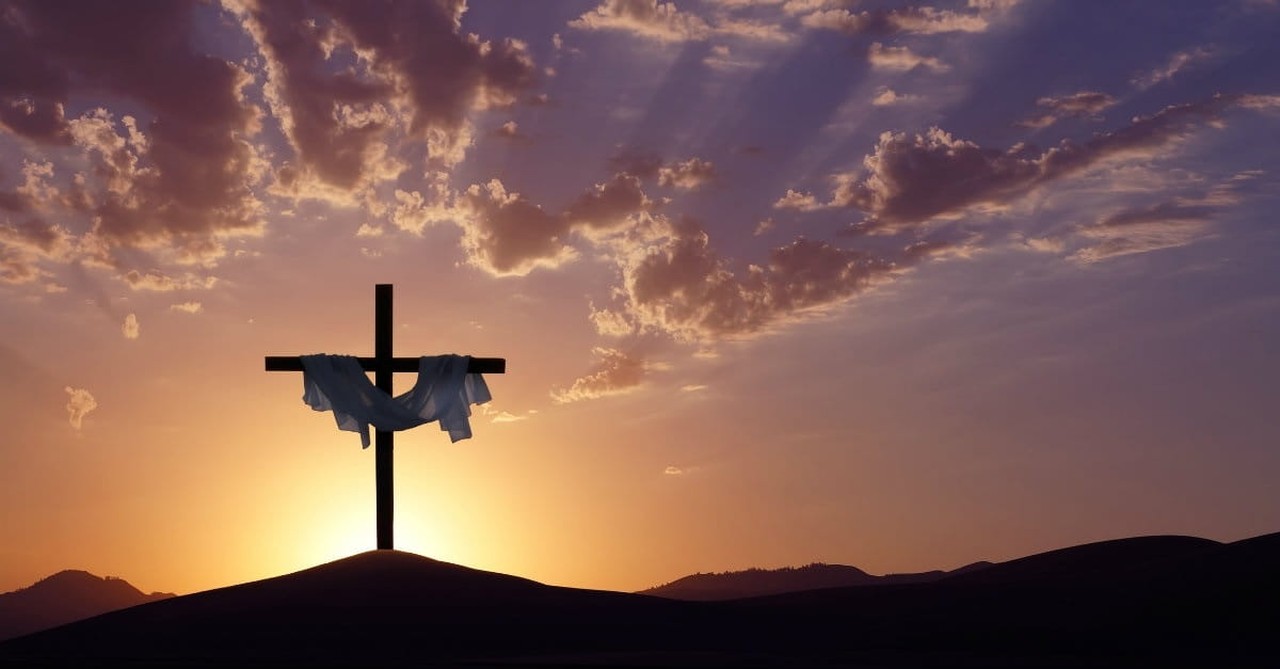
3. Images are More Important than Ideas
SLIDE 3 OF 10
The Eastern Church also emphasizes the role of the five senses in worship: what we can see, touch, smell, hear, and taste is vitally important. Since the invisible God became visible in Jesus, icons and images of him are an essential part of our religious response. Seeing, therefore, is superior to thinking. Images are more important than ideas. Liturgy is more important than lectures (sermons). Orthodox churches are thus filled with paintings, icons, images, incense, etc., what observers call “smells and bells”!
Thus, as one author has said, “sights and sounds point the way to God, not philosophic speculation or literary subtlety” (Billington, The Icon and the Axe: An Interpretive History of Russian Culture [New York: Random House, 1966], 38). A common sight in Orthodox services is of a believer prostrating himself before an icon and kissing it.
*(Image Credit:©Thinkstock/mbolina)
4. Works Can Trump Grace

4. Works Can Trump Grace
SLIDE 4 OF 10
Eastern Orthodoxy does not emphasize the forensic or legal concepts of the western church such as justification by faith alone. Rather, it stresses the concept of theosis or the gradual divinization of man. The Orthodox appeal to 2 Peter 1:4 (“so that you may become partakers of the divine nature”) to support the idea that fundamental to salvation and acceptance with God is becoming like Christ through a process of ever-deepening mystical union with him (they also appeal to John 17:22-23; Ps. 82:6; 2 Pt. 1:4; Mt. 5:44-45). This process is a cooperative work of divine grace and human effort. Orthodox theologians insist they do not believe in pantheism: the human nature does not cease to exist, nor do humans become God in such a way that no distinction between Creator and creature is left. Humans “are called to become by grace what God is by nature” (Ware, TOC, 21).
The Orthodox make a distinction between what they call the essence of God and the energies of God. Union with God that comes via theosis is union with the energies of God but not his essence. God and man are not to be thought of as fused or joined into one being. The Creator-creature distinction always remains. God retains his personal identity and we retain ours.
*(Image Credit:Thinkstock)
5. Scripture is Not the Final Authority
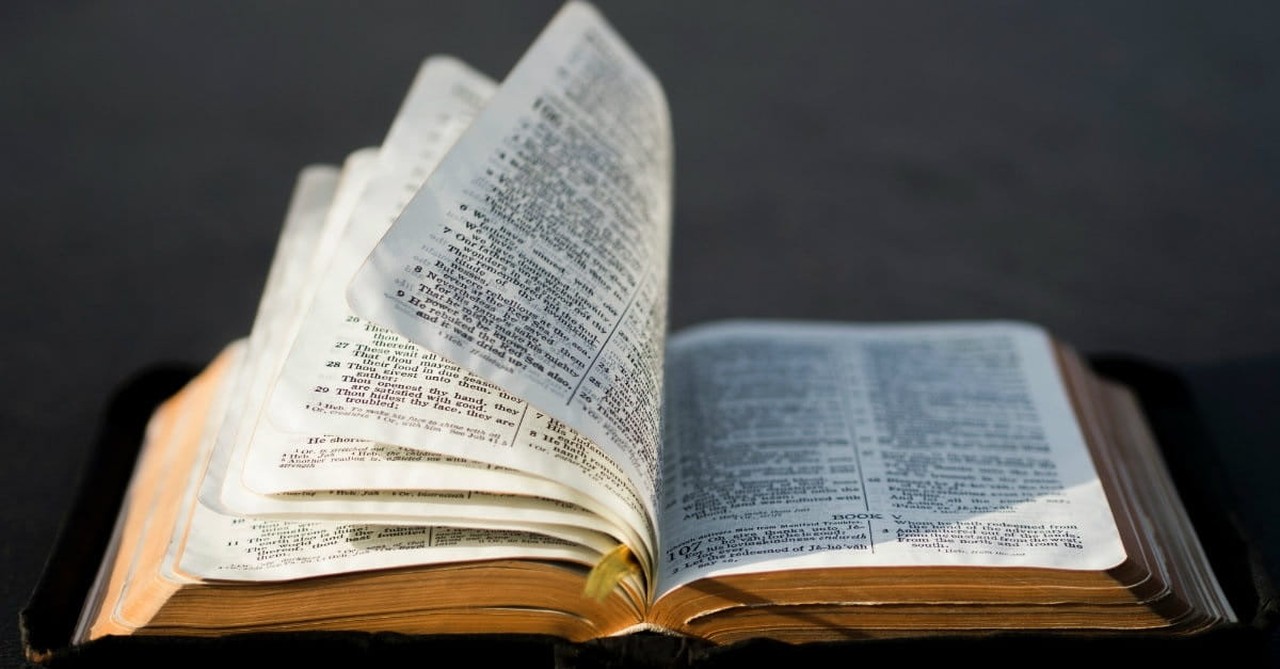
5. Scripture is Not the Final Authority
SLIDE 5 OF 10
While the Orthodox do embrace Scripture as a religious authority, it is not the sole or final authority. The Holy Spirit speaks to his people through apostolic tradition, through the seven ecumenical councils, through the church fathers, through canon law, even through icons. Thus, “to an extent matched by no other Christian communion, Orthodoxy claims that it alone has maintained an unbroken continuity with the apostolic faith of the New Testament, that it alone is the true visible church, and that salvation outside of the Orthodox church is a questionable assumption” (Clendenin, 30). Clearly, Orthodoxy places great weight on what they believe is the unbroken inward continuity with the church of ancient times.
The Orthodox do affirm the sufficiency of Scripture (ad omnia satis superque sufficiat – “for all things complete and more than sufficient”). But Scripture is differently interpreted by different people. Hence the need for the consensus of the church as to Scripture’s proper interpretation. Said Florovsky: “Ecclesiastical understanding could not add anything to the Scripture. But it was the only means to ascertain and to disclose the true meaning of Scripture. Tradition was, in fact, the authentic interpretation of Scripture” (“The Function of Tradition in the Ancient Church,” Greek Orthodox Theological Review 9.2 [1963]; quoted in Clendenin, Readings, 99). Florovsky insists that “Scripture belonged to the church, and it was only in the church, within the community of right faith, that Scripture could be adequately understood and correctly interpreted” (99).
*(Image Credit: Unsplash)
6. God Speaks to Ecumenical Councils
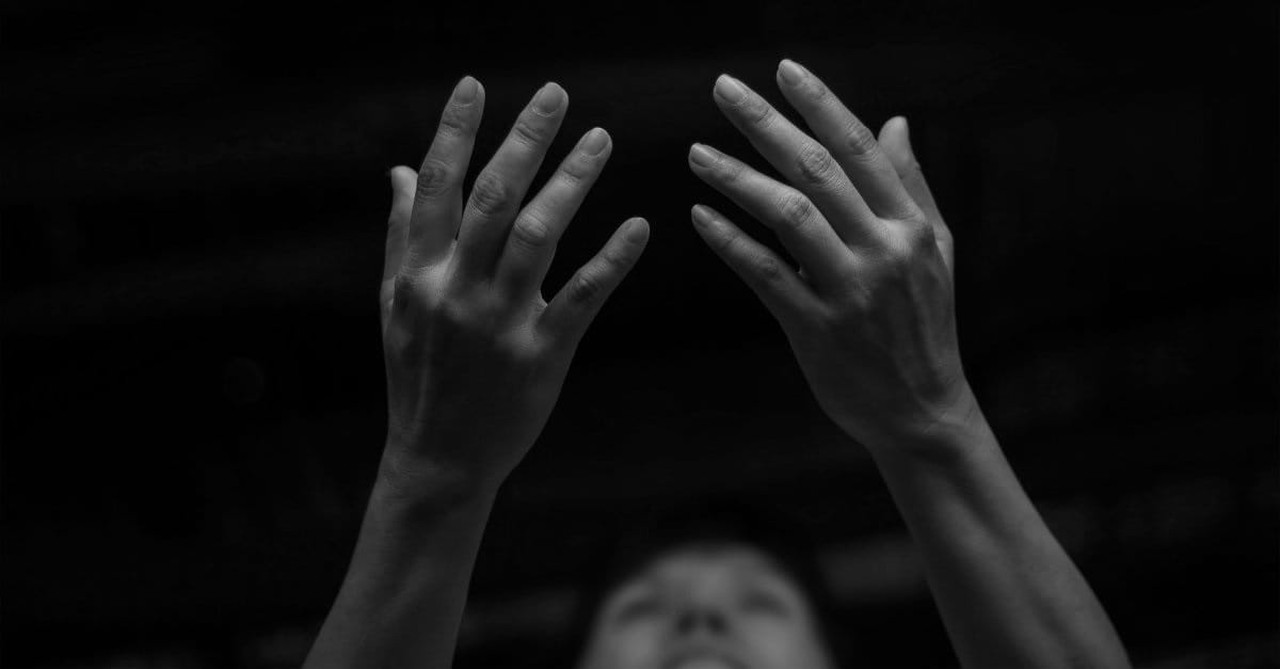
6. God Speaks to Ecumenical Councils
SLIDE 6 OF 10
The Orthodox believe that the voice of God can be heard in the seven ecumenical councils no less than in Scripture. These councils “possess, along with the Bible, an abiding and irrevocable authority” (Ware, TOC, 202): Nicea (325), Constantinople (381), Ephesus (431), Chalcedon (451), Constantinople II (553), Constantinople III (680), the Quinsext Council (692), and Nicea II (787).
*(Image Credit:©Thinkstock/ipopba)
7. Orthodoxy Recognizes 7 Sacraments

7. Orthodoxy Recognizes 7 Sacraments
SLIDE 7 OF 10
As for the sacraments, like the Roman Catholic Church, Orthodoxy recognizes 7 sacraments, three of which are non-repeatable (baptism, chrismation, ordination) and four of which are repeatable (Holy Eucharist, repentance, marriage, holy unction). The Eucharist is the most important of all and “stands at the heart of all Christian life and experience” (TOC, 275). These sacraments are effective only when performed inside and by the Orthodox Church, except in extreme emergencies or crisis.
*(Image Credit:Thinkstock)
8. Mary is Venerated but Not Worshiped
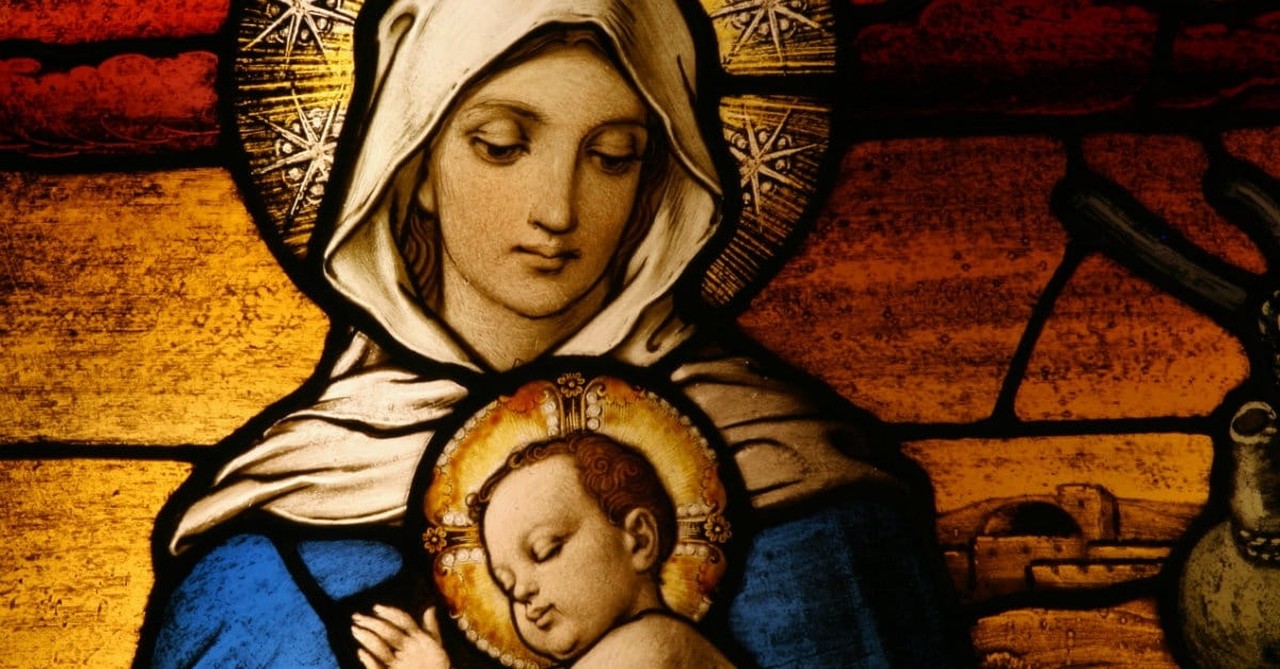
8. Mary is Venerated but Not Worshiped
SLIDE 8 OF 10
Orthodoxy venerates Mary as “more honorable than the cherubim and beyond compare more glorious than the seraphim, as superior to all created beings” (Sergius Bulgakov, The Orthodox Church [Crestwood, NY: St. Vladimir’s Seminary Press, 1988] p. 65 of Clendenin). Whereas Mary is not a substitute for Christ, she “intercedes before her Son for all humanity. We ceaselessly pray to her to intercede for us. Love and veneration of the Virgin is the soul of Orthodox piety” (66). Orthodoxy denies that Mary had other children by Joseph.
The Orthodox Church rejects the Roman Catholic dogma (1854) of the immaculate conception of Mary but at the same time affirms her sinless life. Thus, whereas the Orthodox “venerate” (duleia, hyperduleia, proskynesis) Mary and grant her special honor, “worship” (latreia) is due God alone.
*(Image Credit:©Thinkstock/FrancescoCura)
9. Saints are Important
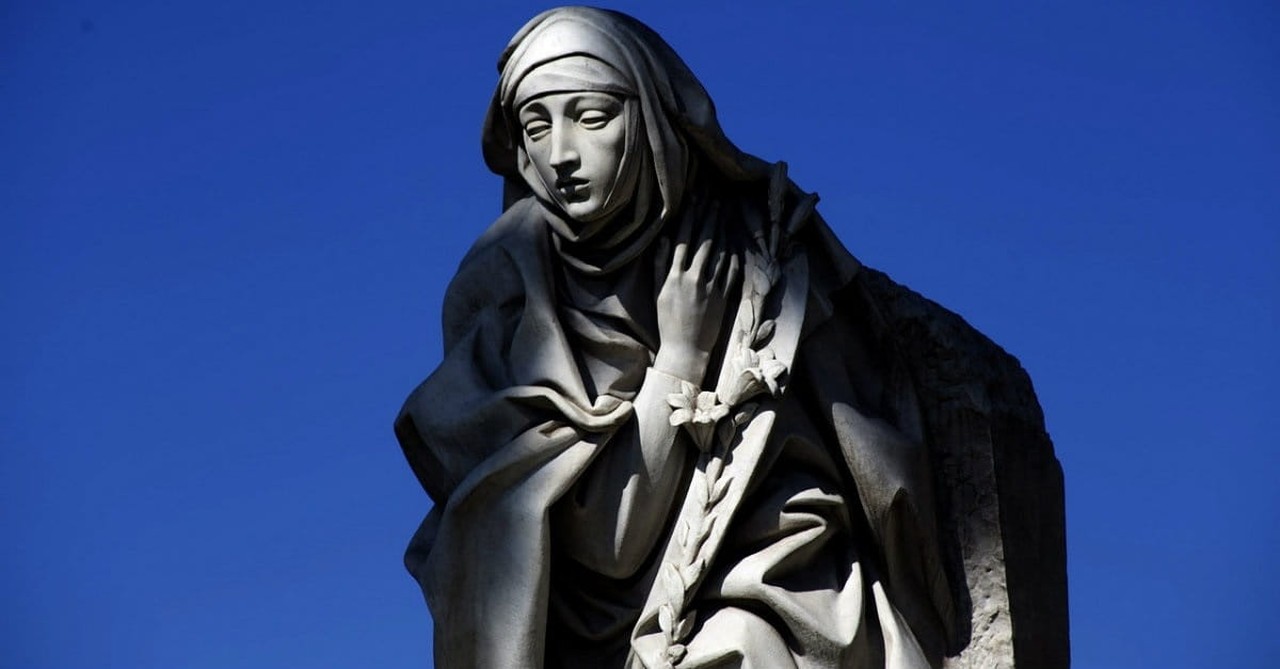
9. Saints are Important
SLIDE 9 OF 10
The Orthodox view of the saints does not differ significantly from that of Rome. “The saints are our intercessors and our protectors in the heavens” (Bulgakov, 68). Again, “God accords to the saints, as to the angels, the power to accomplish his will by active though invisible aid accorded to humans” (70). Veneration of the relics of the saints “is founded on faith in a special connection between the spirit of the saint and his human remains, a connection which death does not destroy. In the case of the saints the power of death is limited: their souls do not altogether leave their bodies, but remain present in spirit and in grace in their relics, even in the smallest portion” (71-72).
*(Image Credit:Pixabay)
10. They Pray for the Dead
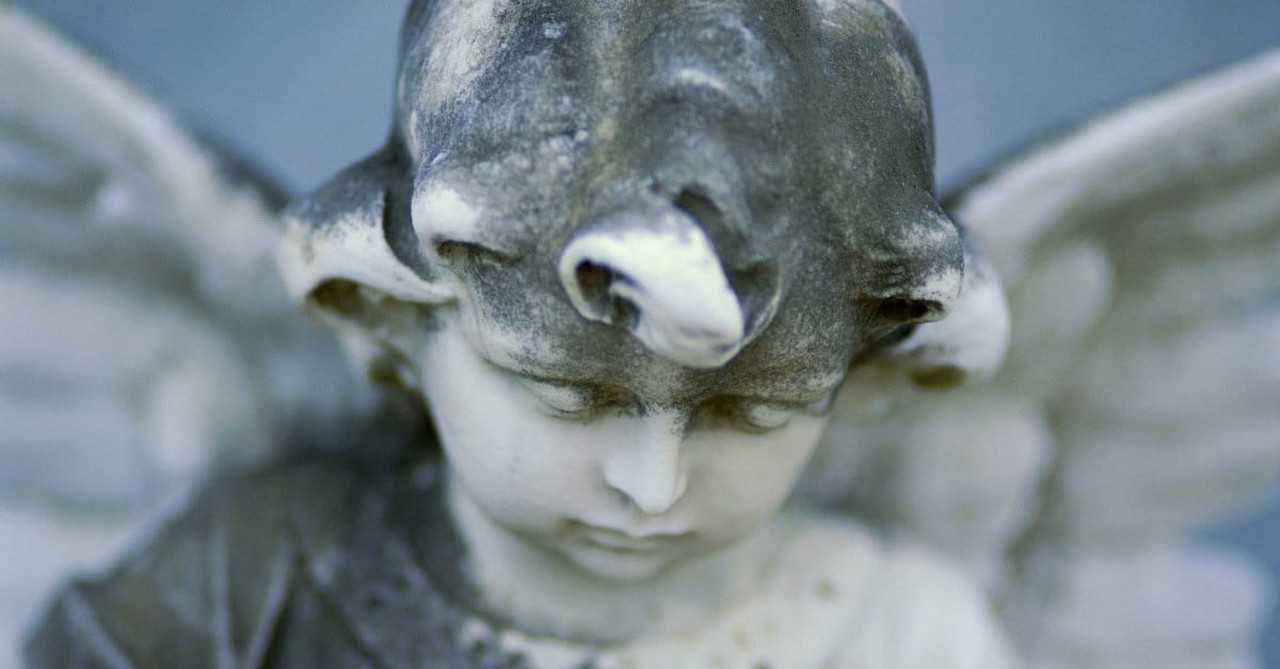
10. They Pray for the Dead
SLIDE 10 OF 10
The Orthodox believe that the living should pray for the dead even as the dead intercede for the living. One prayer for the dead is: “Pardon every transgression which they have committed, whether by word or deed or thought.” Most Orthodox theologians today reject Purgatory as taught by the RCC and insist that the departed dead do not suffer.
This article originally appeared on SamStorms.com. Used with permission.
Sam Storms is an Amillennial, Calvinistic, charismatic, credo-baptistic, complementarian, Christian Hedonist who loves his wife of 44 years, his two daughters, his four grandchildren, books, baseball, movies, and all things Oklahoma University. In 2008 Sam became Lead Pastor for Preaching and Vision at Bridgeway Church in Oklahoma City, Oklahoma. Sam is on the Board of Directors of both Desiring God and Bethlehem College & Seminary, and also serves as a member of the Council of The Gospel Coalition. Sam is President-Elect of the Evangelical Theological Society.
*(Image Credit:©Thinkstock/Purestock)
Originally published January 20, 2023.







